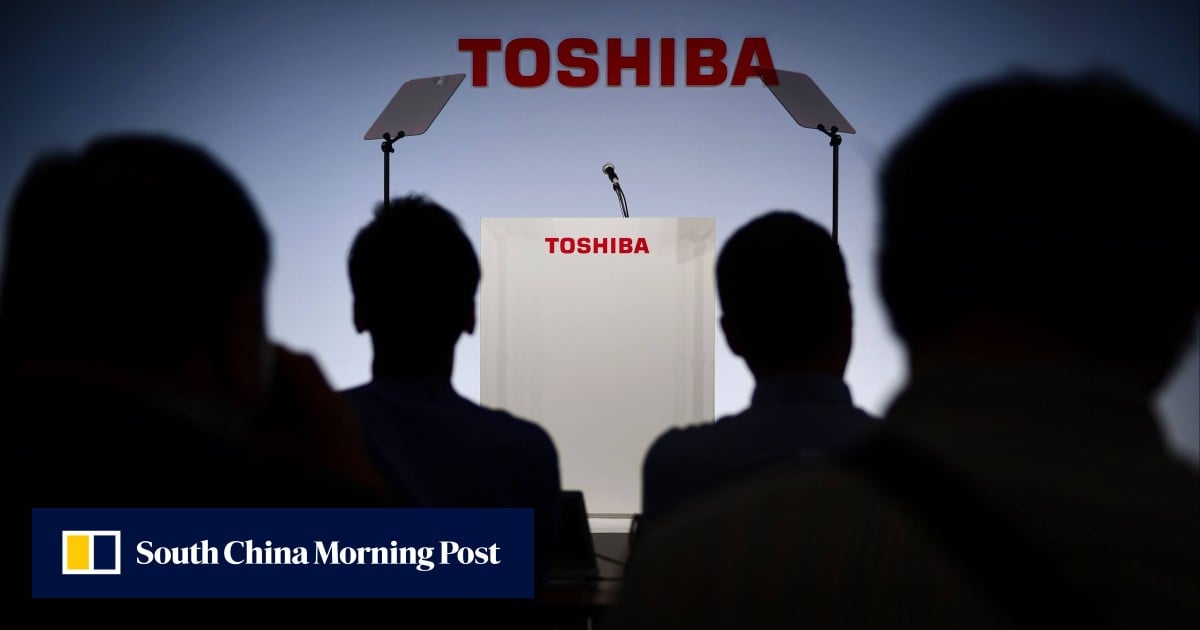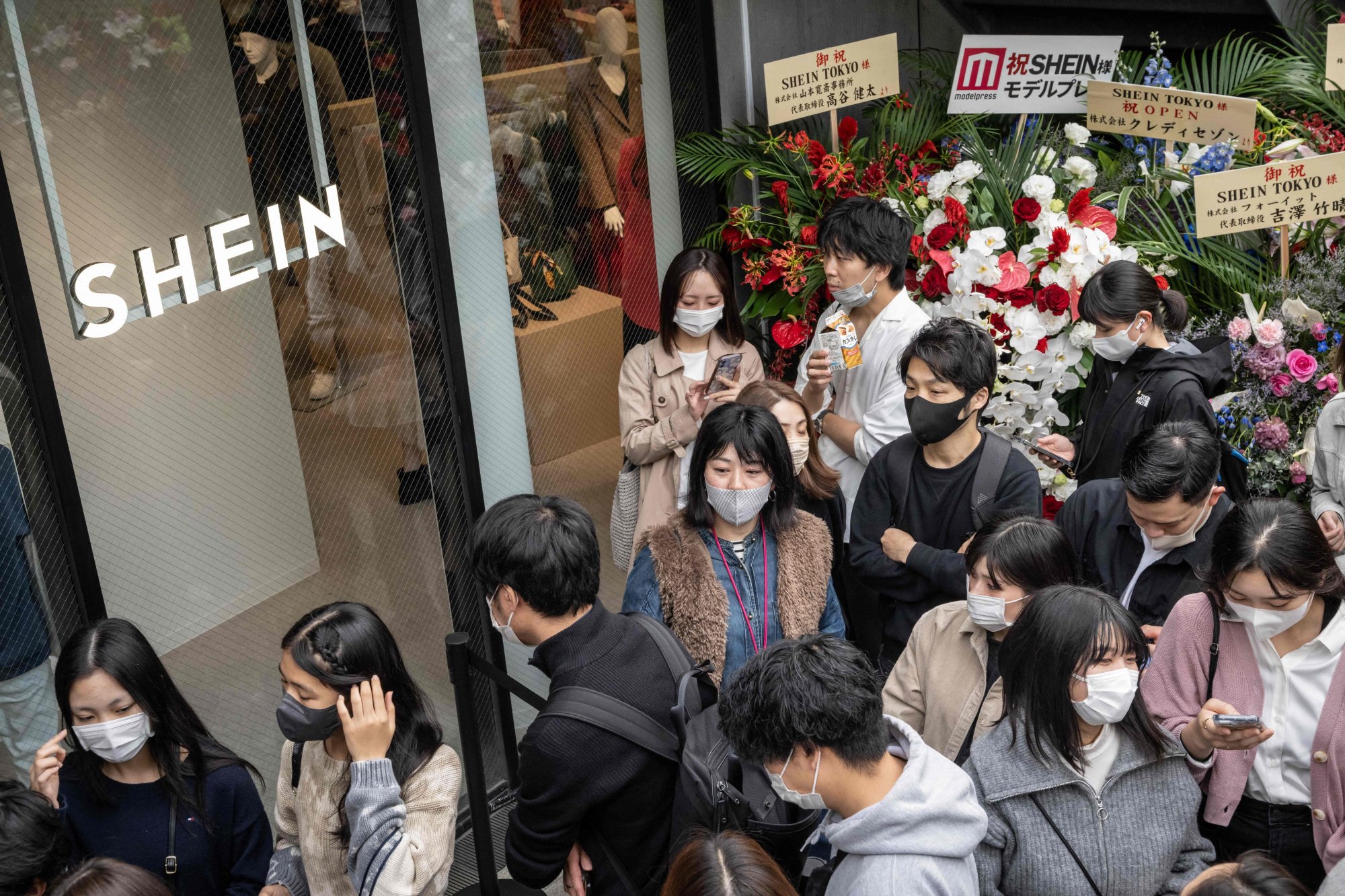
24 Mar Asia-Pacific private equity deals stalled last year as slowing growth, high rates and volatile markets spooked investors: Bain
“2023 was a very turbulent year in the Asia-Pacific private equity market as it was in the European and North American markets as well,” Lachlan McMurdo, co-author of the report, said in an interview. Investors remained “especially cautious” about buying companies in mainland China, Hong Kong, and Taiwan, he noted separately in the report.

China’s deal value fell 58 per cent compared with the previous five-year average, reducing its share of total Asia-Pacific tally to 28 per cent, while the Japanese market grew 183 per cent over the same period and accounted for 30 per cent of the region’s deal value last year.
The change in dynamics does not reflect the money flowing from China to Japan but showcases Japan’s anomaly, McMurdo said.
Japan’s ultra-low interest rates and deep pool of target companies with performance improvement potential have pushed up private-equity activity in the region.
“A big reason private equity deal values have gone backwards in nearly every market across the world is that the cost of debt has increased,” he said. “The interest rate effect has been dampened in Japan.”
Even as the Bank of Japan decided to raise the cost of borrowing for the first time in 17 years last week, the interest rate was increasing from a negative base, still making it a more attractive geography to deploy private-equity money.
Japan generated 63 per cent of the region’s megadeals by value, including Japan Industrial Partner’s US$16 billion purchase of Toshiba, JIC Capital’s US$6.9 billion buyout of chip materials maker JSR and a JIC Capital-led consortium’s US$4.7 billion acquisition of Shinko Electric Industries.

Meanwhile, China had four jumbo deals last year, versus 14 such deals on average in the previous five years. Two large deals were Bain Capital’s acquisition of Qinhuai Data for US$3.2 billion, and General Atlantic, Mubadala Investment and HongShan’s US$2 billion investment in fashion company Shein.
On a sectoral level, investors have shifted away from private equity deals in technology and software, in which China is a significant market, despite the sector continuing to dominate deals in the region.
Fund managers perceive technology companies as riskier than other industries and worry that valuations is likely to fall further. The share of technology PE deals fell to 27 per cent, compared with the prior five-year average of 41 per cent.
Amid the market downturn, many leading funds have started exploring alternative asset classes, such as infrastructure and private credit, as growth sources.
Private equity firms eye opportunities in China, but weigh options carefully
Private equity firms eye opportunities in China, but weigh options carefully
Higher interest rates have increased the appeal of private credit investments, while government funding and regulation have supported the growth of infrastructure funds, according to Bain. “Both asset classes have historically provided attractive returns – not as high as private equity but with a lower level of risk and less variability between funds,” it said.
Looking ahead, the data points to optimism in the region’s private equity market, said McMurdo. One is that the unspent private equity capital at Asia-Pacific-focused funds may reach US$670 billion, which will need to be deployed so that it does not weigh on returns.
Active investors have fallen 25 per cent to 2,535 in 2023 compared with the previous year, shrinking the competition for deals. Finally, entry multiples – the ratio of enterprise value to adjusted earnings – have become more attractive to private equity investors as they fell in 2023 to 10.1 from 14.8 a year earlier.
The combination means that “we will see activity come back at some point,” said McMurdo. “Private equity returns are outperforming public market returns. If that dynamic continues, money will continue to be raised, deployed and returned, and more money will be raised again.”
